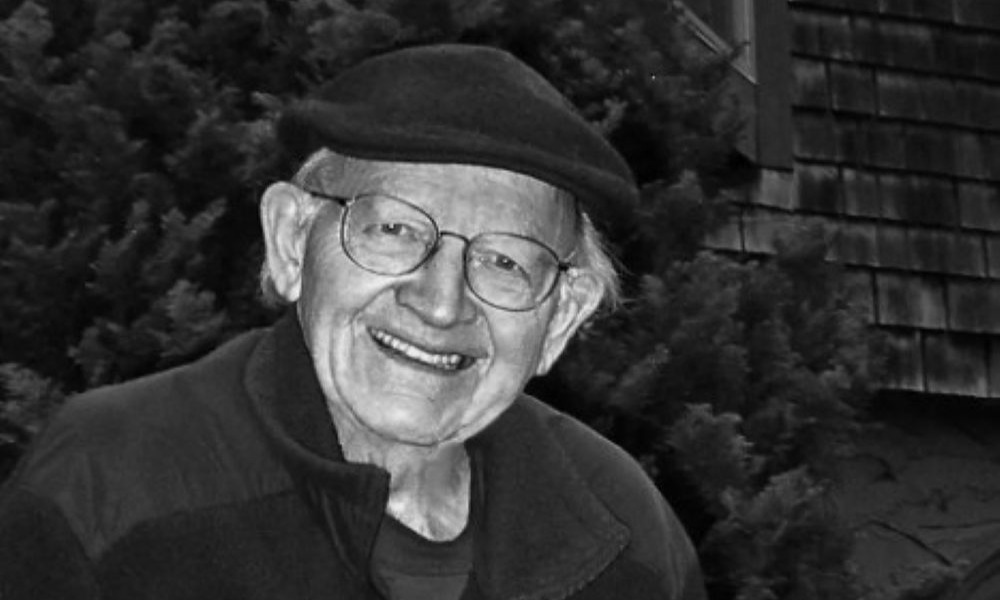Rich Berner, who died in 2018, left behind a valuable historic legacy. Rich was raised in Seattle’s Central Area. He attended Madrona Grade School and Garfield High, where he was president of his senior class. Later, at the University of Washington, he came under the spell of history professors Robert E. Burke and Charles M. Gates. Those classroom influences planted the seeds that led to Rich’s self-published books, the first one titled Seattle 1900-1920: From Boomtown, Urban Turbulence, to Restoration.

Berner learned the value of historical research and collections under professors Burke and Gates, and later when Berner served as the first head of the University of Washington Archives and Manuscripts Division.
He helped on such books as Murray Morgan’s readable Skid Road, Roger Sale’s Seattle: Past to Present, Robert Friedham’s Seattle General Strike, and Jane Sander’s Cold War on Campus: Academic Freedom at the University of Washington, 1946-1964. The research by those historians took place under the helpful eye of UW Archivist Rich Berner. Upon his retirement, Berner undertook a three-volume project about the Queen City of Puget Sound.
Seattle’s exciting growth after the Alaska Gold Rush is the jumping off point for Rich’s first volume. The railroad wars, the rise of stormy city politics, and the great battle between public and private power — each propelled Seattle into the 20th century. Rich’s treatises depict the shape and movement of our city: the development of a teeming waterfront, a short history of the vibrant Pike Place Market, the town’s ethnic, racial, and national mix, and three wars (including Korea) that fueled the bursting wartime economy.
Seattle’s growth was wild. For example, the clash between conservative Seattle Times publisher Alden J. Blethen and writer/socialist Anna Louise Strong could not have been louder or more brazen.
Discover more from Post Alley
Subscribe to get the latest posts sent to your email.
